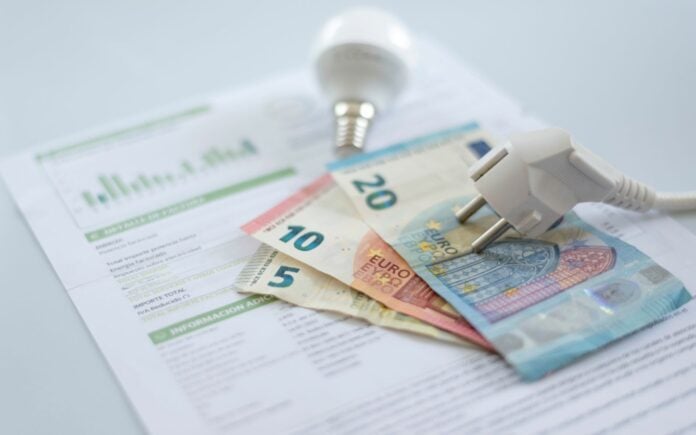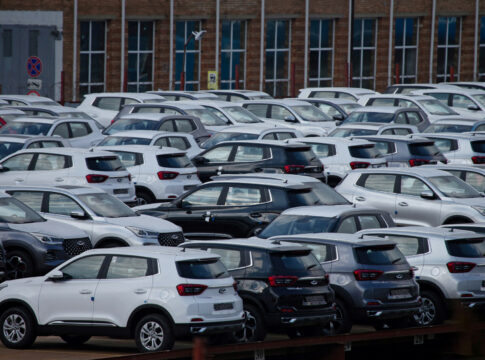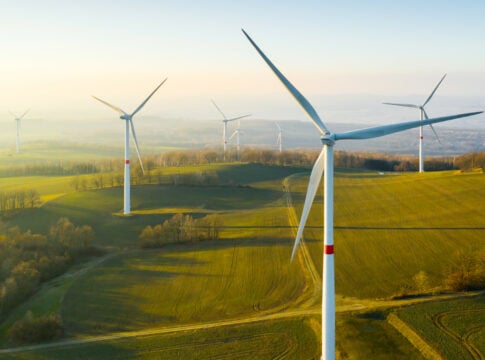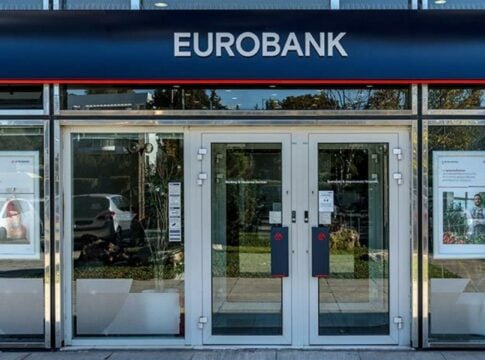The measures taken by Greece to minimize the side effects of the energy crisis reached almost 4% of GDP, with Greece among the countries that provided the strongest support to consumers, according to the market monitoring report of the European Union Agency for the Cooperation of Energy Regulators (ACER) on the assessment of emergency measures in electricity markets.
According to ACER, the total cost of the measures taken in the EU countries during the energy crisis reaches approximately 305-646 billion euros, with the IMF estimating that the fiscal cost of supporting households varied between 5,56%-0.37% of the GDP. Less than a quarter (23%) of these household support costs were caused by targeted measures.
The fiscal cost for Greece
Greece ranks fifth among the 27 EU countries in terms of the fiscal cost of the measures taken in 2022-2023, behind Malta, France, Slovakia and Austria. During the same period, Greece received 19 different support measures, a “performance” that places it in sixth place in the European ranking, with Germany being the champion (39 measures) and Sweden at the other end (only 4 measures). More specifically, Greece – like most EU countries – focused on measures to directly support consumers, with 7 different initiatives in this category. More specifically, it took 3 measures to replace natural gas and subsidize fuel prices. The remaining measures related to energy saving, intervention in the wholesale and retail energy market and preventive action to address risks in security of supply.
Decline in consumption
The same research showed that Greece was among the countries that showed the biggest drop (8%) in electricity consumption compared to forecasts during the period June-December 2022. It is the fifth largest percentage after Slovenia, Latvia, Slovakia, Denmark and Finland (down 14%). In contrast, Portugal showed a 1% increase in electricity demand and Spain only a marginal decrease of 1%, confirming those who had argued that the “Iberian model” of imposing a ceiling on wholesale gas prices would act as a disincentive to save energy.
Retail prices remained high in Greece
ACER also ranks Greece among the group of countries (Bulgaria, Poland, France, Hungary, Ireland, Cyprus, and others) where retail electricity prices have not followed the fall in wholesale electricity prices, which in most countries peaked between July-November 2022 and then declined, following the natural gas prices.














